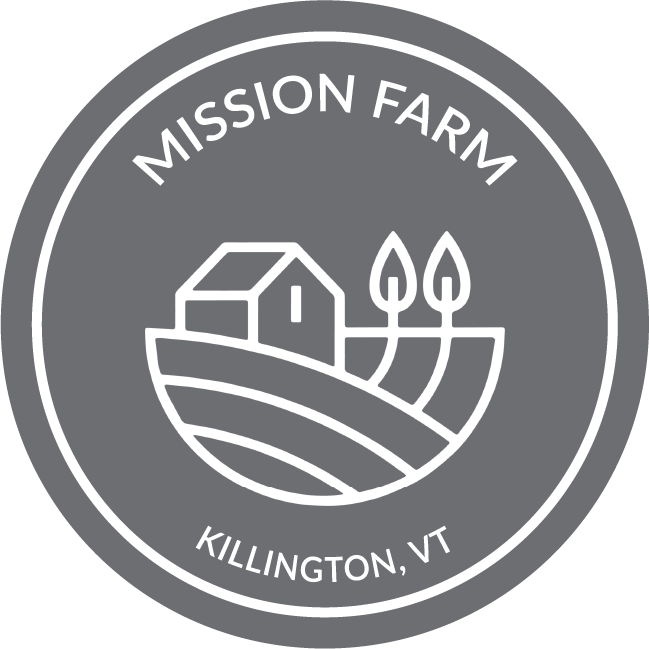The Graze V.131: The More Than Human World
Dear Friends:
Mission Farm is home to martens, white-tailed deer, beavers and black bears; chipmunks and cottontails and grey fox; moose and mink and muskrats; eagles, hawks and owls, goldfinch, robins and hummingbirds; snakes and skinks and turtles, pollinators, beetles and microbes too numerous to name……We also share this space with laying hens and guinea hens, dogs and visitors of all breeds.
We are learning that human identity cannot be separated from our nonhuman kin. The landscapes we call home — grasslands and forests, mountains and rocks, rivers and oceans — are shared by nonhuman beings who may consider relatives. Age-old myths and modern science reinforce these kinship relationships.
For the ancient Hebrews, to be human was to be an earthling (as in Genesis, where the first human—Adam—is a creature fashioned from the soil who will ultimately return to the soil). The Hebrew word for human - adam - is intimately related to the term adamah, which in Hebrew means “ground” or “earth.” The English work human also shares its origins with the English humus (or soil). In English, as in Hebrew, that which most deeply defines what it means to be human is our own derivation from (and kinship with) the soil beneath our feet.
In 1996, ecologist and philosopher David Abram coined the phrase “the more-than-human-world’ as a way of referring to the experience of being a body within a larger landscape of other animals. Abram helped us to understand that the wisdom and story that is held through the generations of the ‘more than human world’ around us is essential to our survival and thriving on earth. (I became lost in the resources shared in this blog!)
As the winter temperatures fall upon this valley, the forest animals scurry into warm spaces (like the field mice in the vicarage!). I am consoled that come spring and I will hear once again the abiding chorus of wood frogs. I will witness once again the meadows surrounding this valley to burst into the mountain air a resplendence of wildflowers, that slowly change throughout the season. And we will greet again the migrating birds as they return to the Green Mountains.
In the meantime, I will try to tap into the wisdom of the quiet of my more than human kin.
As we experience the changing of the seasons, may you find joy and connection,
Lisa

